Interview with Dr. Emi Tamechika, Professor at Yokohama National University’s Center for Economic Growth Strategy
Becoming a launchpad for innovation, and establishing initiatives to educate entrepreneurs.
How do you perceive Innovation?
If I was going to sum up “innovation” in just one phrase it would have to be “that which causes social change.” It’s easy to limit yourself to the definition of “technological innovation,” but innovation doesn’t always have to involve new technologies or techniques; society can be changed simply by creating new value. For example, society can change thanks to various “new combinations” of already-existing technology, distribution systems, or production methods. But if society never reaches the point of change, I don’t think you could call it “innovation.” One example: cameras. You can keep making cameras as small as you like but that doesn’t mean you are innovating. On the other hand, when those miniaturized cameras were put on to cellphones and smartphones, the original utility of those devices increased dramatically, which in turn enabled them to be used for social networking services like Instagram. Digitalization was a huge change compared to the days of physically developing photographic film, and then miniaturization led to phone cameras, and essentially a whole culture in society that didn’t exist before was created.
If we look along the entire timeline to the moment when cameras were attached to phones, the revolution resulting from that moment is extremely clearly defined. But if you think about even before that, when film cameras became digital cameras you didn’t have to worry about developing film or darkroom printing, and the result was that the barrier to entry in photography was lowered significantly. So many people worldwide suddenly had access to taking their own pictures, and without the need for printing you could just keep the ones you liked as digital data… That’s how society changes, little by little. And certainly technique and engineering are a part of that, but, as another example, when you consider Amazon’s “distribution revolution,” it’s clear that in that case societal revolution was occurring through changes in the system itself more so than through changes in the techniques involved. We can perceive true innovation through changes like these.
Please tell us about the initiatives of the Center for Economic Growth Strategy.
Yokohama National University’s “Center for Economic Growth Strategy” is an education research facility that was created in 2011 from the combination of the Center for Corporate Strategy and Economic Growth and the Venture Business Laboratory. The facility has five divisions, but the one most directly interested in “creating innovation” is the Venture Business Division, from which we are conducting extensive programs and internships to educate entrepreneurs. We spent about a month in Boston putting our efforts into cultivating entrepreneurial talent and programs which ran parallel to the themes of our own research: programs to train and support university-initiated startups, and support networks for student-centric initiatives to gather and share ideas and practical skills. We were able to establish connections with biotech-related startups as one of the results of these initiatives.
To explain it in a little more detail, the Venture Business Division was originally based on Yokohama National University’s Venture Business Laboratory, which was an organization founded with science and technology at its core. Investigations into growth strategies for social science enterprises and so on were appended to the research that had already been taking place there, so the current Center is comprised of what you could call multiple integrated partitions. There are extensive initiatives that are based out of the Venture Business Division, but the main focus is absolutely entrepreneurial education aimed at the students taking classes at the University. Specifically, we’ve created a required class for undergraduates called “Introduction to Being an Entrepreneur.” The goal is to educate students in entrepreneurship, providing the necessary mentality and knowledge for any students that look for employment with larger companies. On the other hand, for graduate students in the first term of doctoral courses we’re offering a series of lectures titled “Identifying Challenges and Innovation” and “Innovation and Starting a Business,” as well as an internship in Yokohama-based startups. We invite those who are engaged in cutting-edge research and projects to come as guest lecturers to make these classes high-quality and practical, and we also conduct interviews with these entrepreneurs. Further into the lecture series, the students are ultimately guided in creating a business plan based on their own research. As for the internship, the theme is “new industrialization:” organizations that are trying to create new enterprises, which includes large business and government businesses not just small business ventures. The students are often commuting to these classes from within the city, so we’ve been focusing on coordinating with local-level government and businesses, and we very much hope that we can collaborate even more closely with the City of Yokohama in the future.
While practical, these are quite dense and complex subjects, aren’t they?
Yes, students have to approach this subject matter seriously, because it’s hard to learn if you don’t give it 100% of your effort. The internship lasts a year and a half, and includes a total of 210 hours of on-location business practice. But practice isn’t the only thing students should expect to get from this program: we’ve set the bar for success at actual achievement, like our results from the former Venture Business Laboratory, where we had received a lot of collaborative effort from a wide range of industries and businesses, including large companies like Nissan Motor Co., Ltd. I think it must have been a burden for those companies, but I’d like to think that we provided them with some usefulness in return.
Up until now I’ve been speaking on our efforts to provide lectures for students. If we consider that as the first fundamental pillar of our organization, the next pillar would be the training and support of business ventures started at the university. We’re working to support the startup companies of students and faculty members through phases. “Phase One” is guiding undergraduate or graduate students in creating a solid business plan. “Phase Two” is supporting a plan to establish their corporate entity, with the goal being actual registration—a step necessary for small businesses in Japan. We include not only students but faculty in our programs as well, and that’s because our goal is nurturing the “seeds” of skills that exist within the University as a whole, and encouraging all kinds of business ideas that might emerge from them. From last year until now, we have two cases we were supporting where the startups were able to attain official corporate registration after we began our support. For one past example, there was the “Yokohama Biotechnology Company”, established in 2014. It was started by researchers from laboratories affiliated with our University using their research results—in other words, techniques from within the University—as a base, so it’s a perfect example of an enterprise started through our training project. We sincerely hope that we produce further such results.
The development of human resources in connection with innovation
The third pillar of our organization is the extensive cultivation of “innovation talent” beyond the framework of our lectures. We offer higher level opportunities to students considering starting their own business. To give you examples of some our initiatives, there is the “Innovation Platform,” which provides a framework for students to take a central role in the sharing and enacting of ideas; and the “Boston Challenge Program,” which aims to cultivate global skilled talent. In the latter, selected graduate students stay at the “Cambridge Innovation Center” for a one-month-long period. Unlike the usual study-abroad program where you enroll and learn at a foreign school, this is a program where you have to decide on a theme in advance, and then take the initiative to approach companies, universities, or other organizations in relation to that theme to continue your research. Also, truth be told this program isn’t only intended to cultivate internationalized talent; the ideal is to get students who have ideas and themes in mind that ultimately connect to the theme of innovation to do some prior investigation in how to start a business. Essentially, it’s about learning how to grow the seeds of ideas within yourself while in Boston. The program just finished its fourth year. It is certainly a challenge, but the students return from it with valuable experience.
Hoping for diverse, shared growth through cooperation of industrial, governmental, and academic sectors.
Please tell us about your other initiatives.
For the creation of innovation based in Yokohama, the cooperation and coordination of Industrial, Governmental, and Academic sectors is essential. At our University we started a recurring public seminar in 2008 which has already been held over 30 times. The theme is always different, covering everything from autonomous cars to IoT, and each time we invite speakers relevant to the theme from outside the university to lecture alongside our own faculty. Many various entities, including Yokohama SMEs, have participated, and we have a lot of discussion happening beyond the lectures. We would very much like to continue to cooperate even more closely with the City of Yokohama in holding this seminar.
Also, in an effort to extend our education to various generations we’re collaborating in establishing a summer school program aimed at Yokohama’s junior high schoolers called the “Entrepreneur Training Project,” where students themselves can have the stimulating experience of acting as the facilitators of group work activities.
What are your thoughts on innovation and the future potential of Yokohama?
My hope is that the local government, neighboring businesses, and universities can have discussions, each bringing their own ideas and needs to the table. For example, Yokohama city is connected to an event called the “Gadget Festival,” and it’s a truly lively event, and when I myself was able to participate in it I felt that it held a lot of potential. I would love for students to have the chance to experience a place with that kind of atmosphere. Especially if that place already exists nearby them. I think that the “Cambridge Innovation Center” that I spoke of earlier is just such a place, because it just brims with excitement and the energy of new things. It really is a place of shared growth. And I could say the same about the community of innovators within Yokohama: I really do sense great potential there.
New things are born from variety. With that in mind, I expect great things from Yokohama, a city which is continually striving to be a place of shared growth. The City of Yokohama is creating a space for “Yokohama-born Innovation,” and our center hopes to continue to be a part of that.
(Interview conducted at Yokohama National University in Hodogaya, Yokohama)
Profile
Ms. Emi Tamechika, Professor at Yokohama National University’s Growth Strategy Research Center
Born in Shizuoka Prefecture. After obtaining a doctor’s degree in Physics at Tokyo Metropolitan University, Ms. Tamechika joined the NTT (Nippon Telegraph and Telephone Corporation) LSI Laboratories. After researching semiconductors, light-wave communication, microsensors, etc., she participated in Research Public Relations at NTT’s Science and Core Technology Laboratory Groups’ as the Planning Department’s Manager of Information Strategy. In 2013 she transferred to the NTT Advanced Technology Corporation as the Corporate Planning Department’s Chief of Technical Output Operations, which led her to her current post. She’s committed to the training of innovation talent.
Learn more:
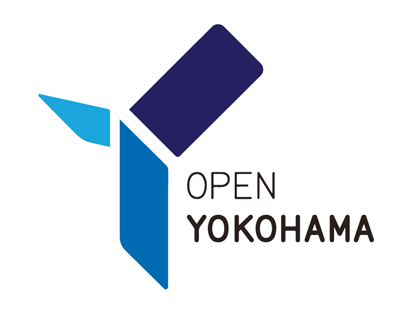
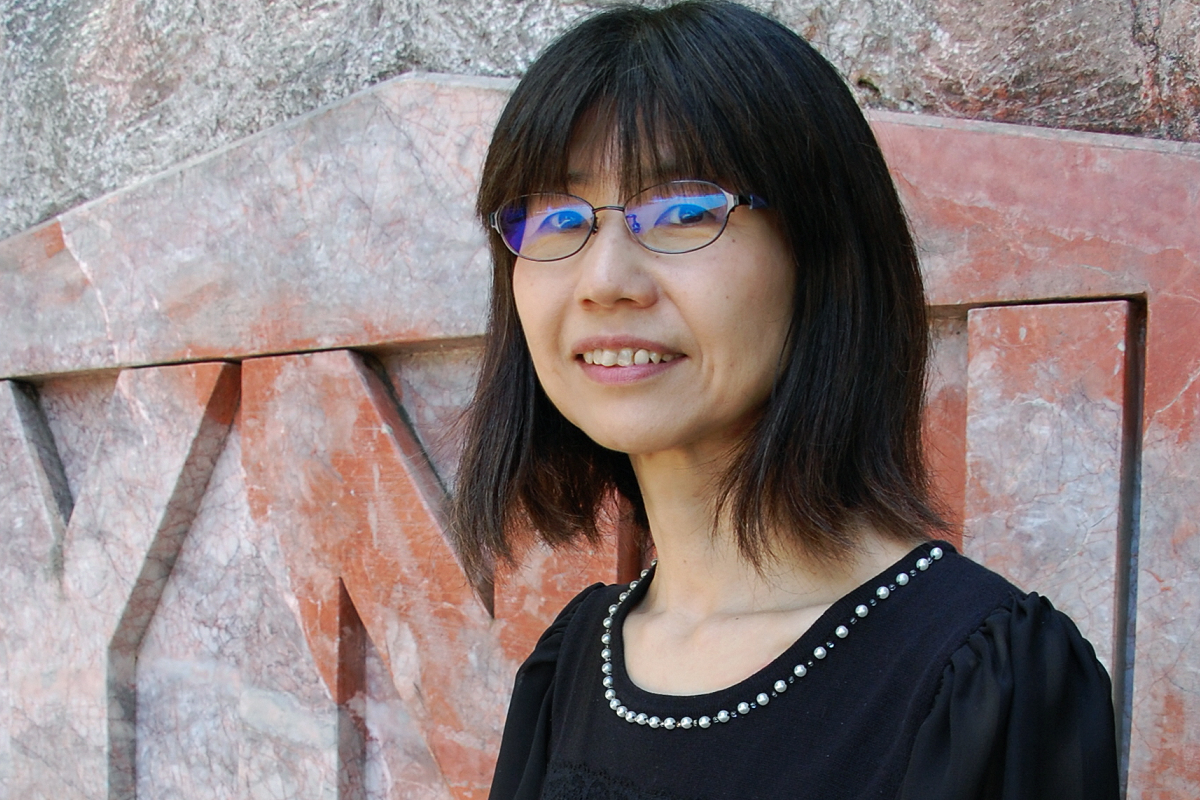
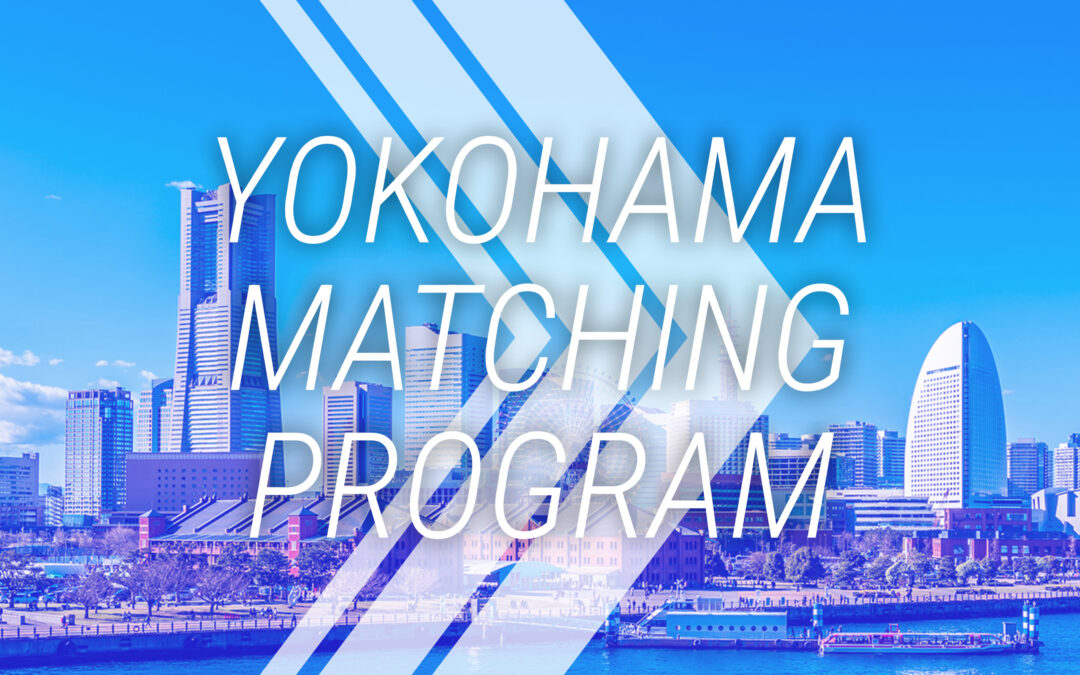
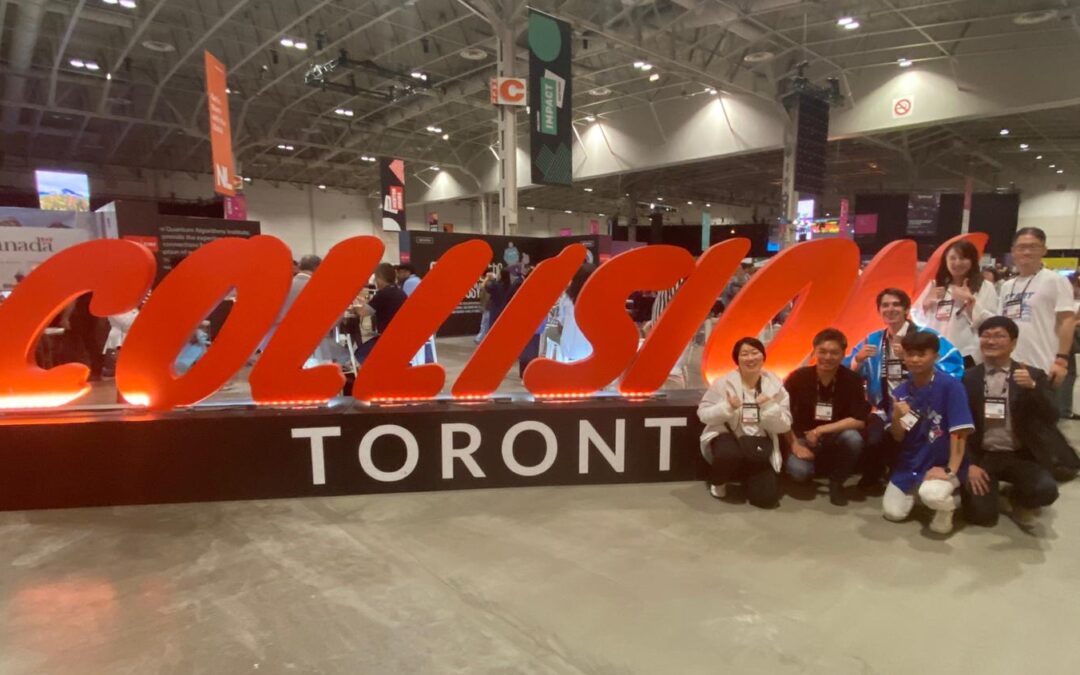
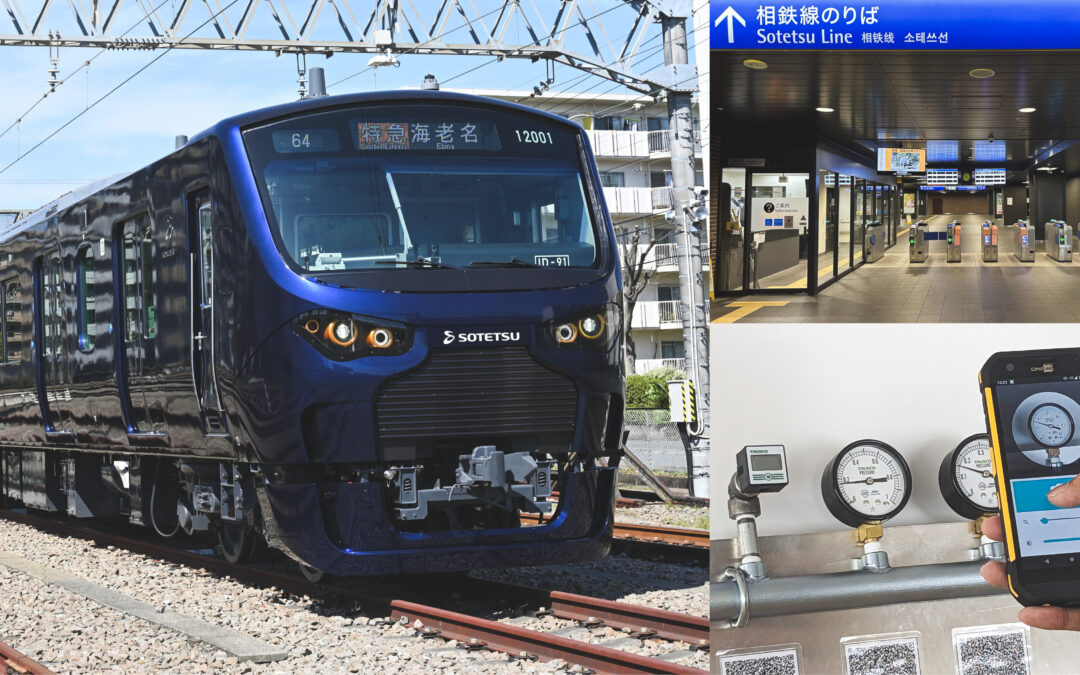
-1080x675.jpeg)
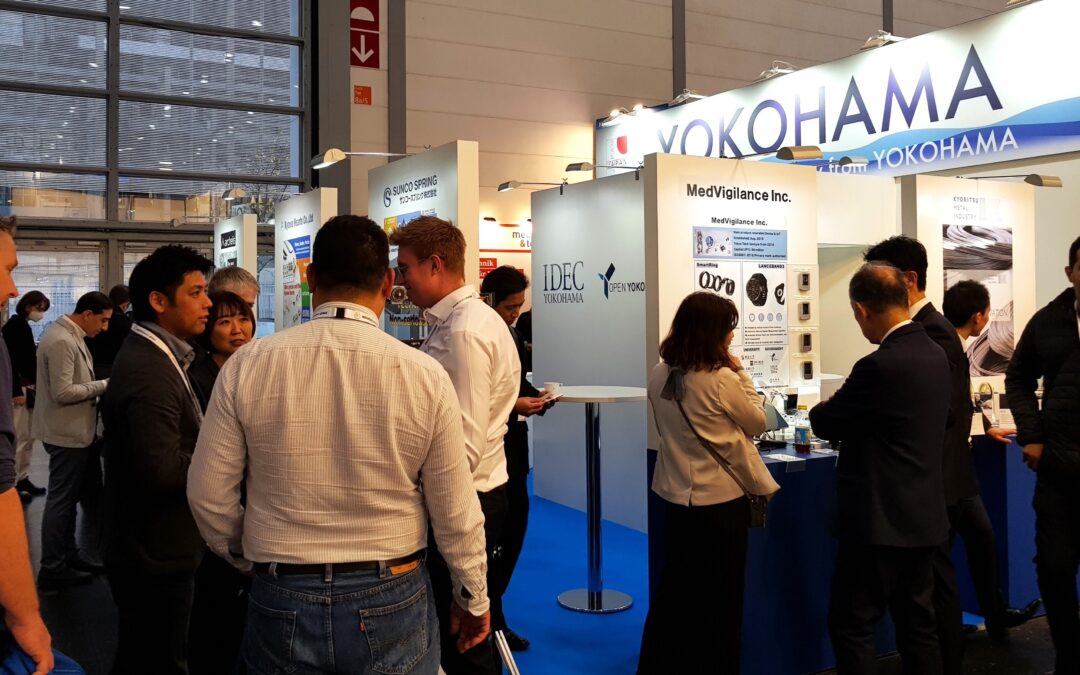
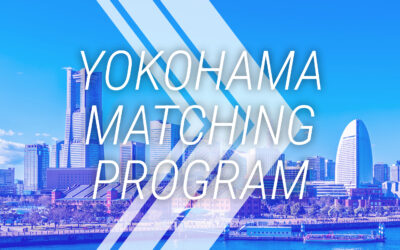

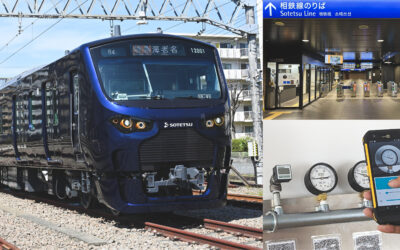
-400x250.jpeg)